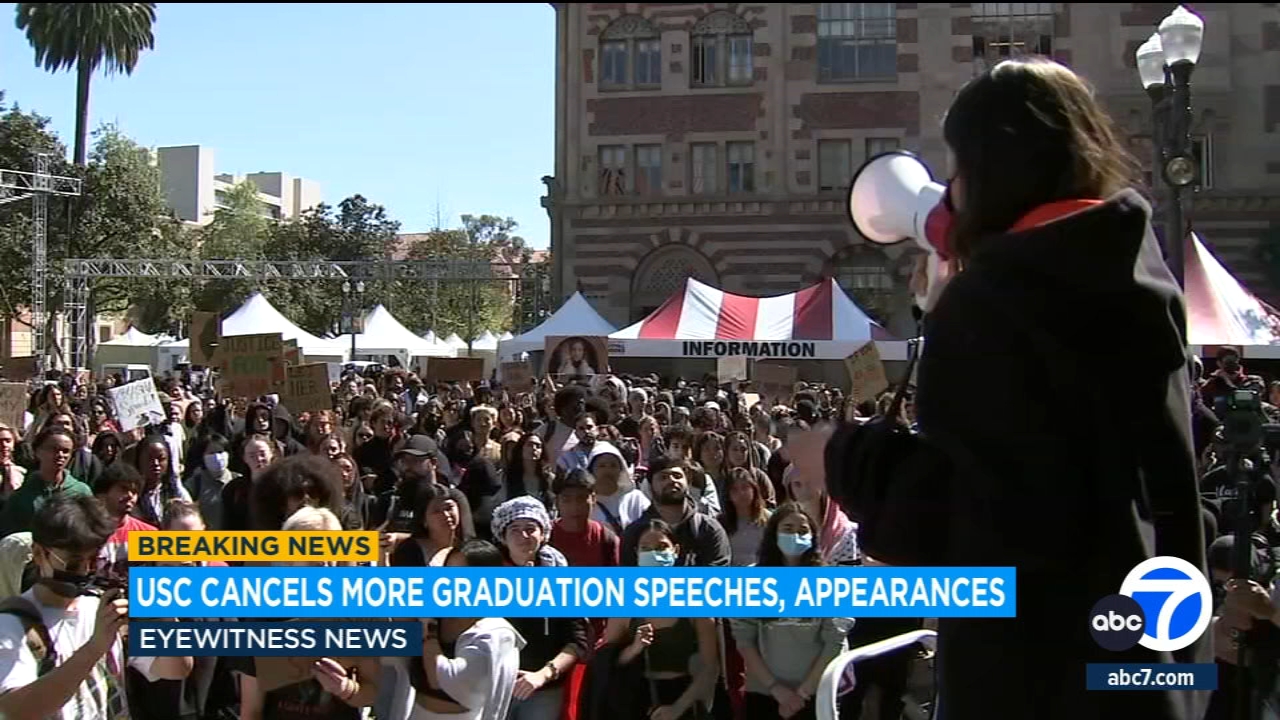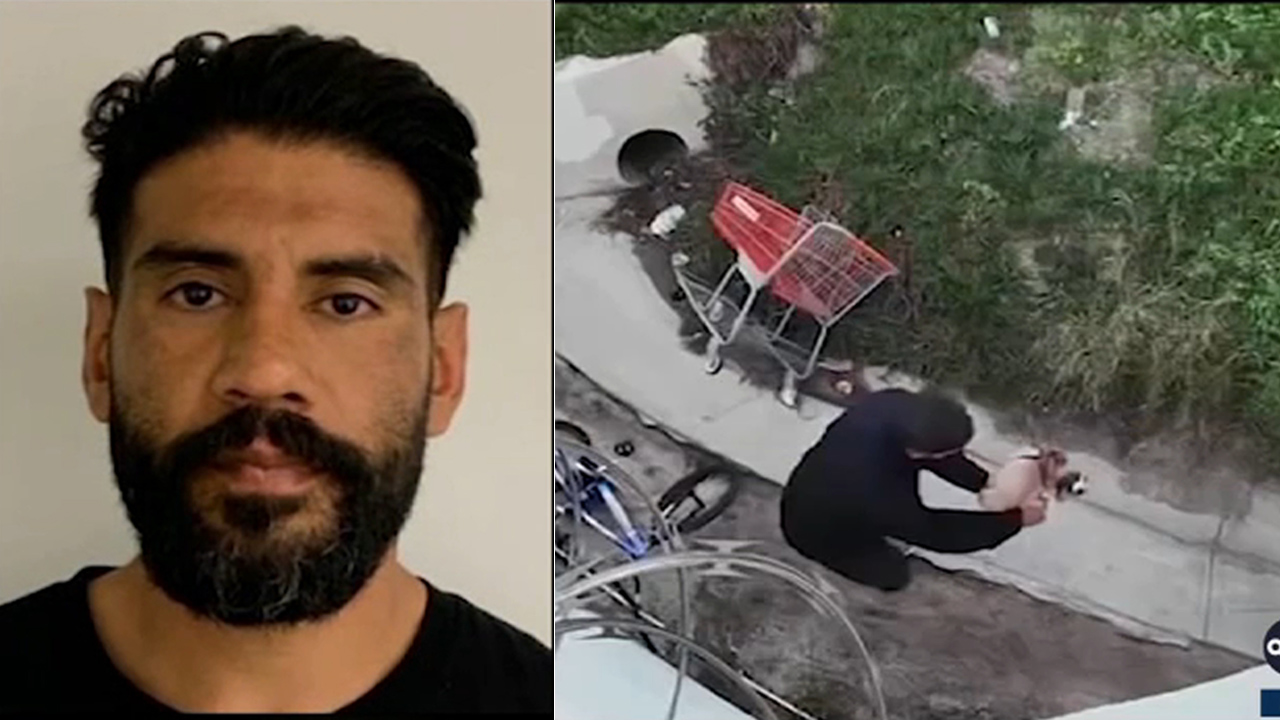Oakland Raiders stadium plan led by Ronnie Lott OK'd for negotiation phase


OAKLAND, Calif. -- The Alameda County Board of Supervisors voted 3-1 Tuesday to give NFL Hall of Famer Ronnie Lott's group permission to begin negotiations with the Raiders on a new stadium at the Oakland Coliseum site.
Lott and former Raider great Marcus Allen spoke at a hearing to consider a new $1.3 billion stadium for the team, which has been eyeing a move to Las Vegas.
"Right now we're in an opportunity to do something that a lot of people didn't even think we could do," Lott said of keeping the NFL team in Oakland.
The Oakland City Council will hold a hearing and vote Tuesday night as part of an expedited financial development proposal that includes $350 million in public money by way of land and future revenue.
Approval from the city and county would allow negotiations to begin with an investors' group managed by Lott and the Fortress Investment Group.
"We know there is a lot of work left to do, but we also believe strongly in our city and that the Raiders belong here in the original home of the Raider Nation," Oakland council member Larry Reid said in a statement issued last week to announce the plan.
Allen, a former Raiders running back, spoke passionately on behalf of the effort.
"What the Raiders mean to Oakland is what the Packers mean to Green Bay," he said Tuesday. "Oakland is the epicenter of Raider Nation."
"They have what you call 'The Black Hole.' This city will have a black hole if (the Raiders) don't stay in the city of Oakland."
Lott's group has identified $1.25 billion in potential financing for a project that may cost upward of $1.3 billion for a 55,000-seat stadium that could include mixed-use retail in the future.
The group would contribute $400 million, with the NFL and the Raiders contributing $500 million. The city of Oakland would contribute $200 million for infrastructure such as storm drains and roadway parking. The money would be generated from bonds paid back from revenue created from the stadium and its surrounding commercial development.
The city and county would also contribute at least 100 acres of land, valued at $150 million. One of the issues to be determined, assistant city administrator Claudia Cappio said, is whether the land would be sold or leased.
ESPN and The Associated Press contributed to this report.




